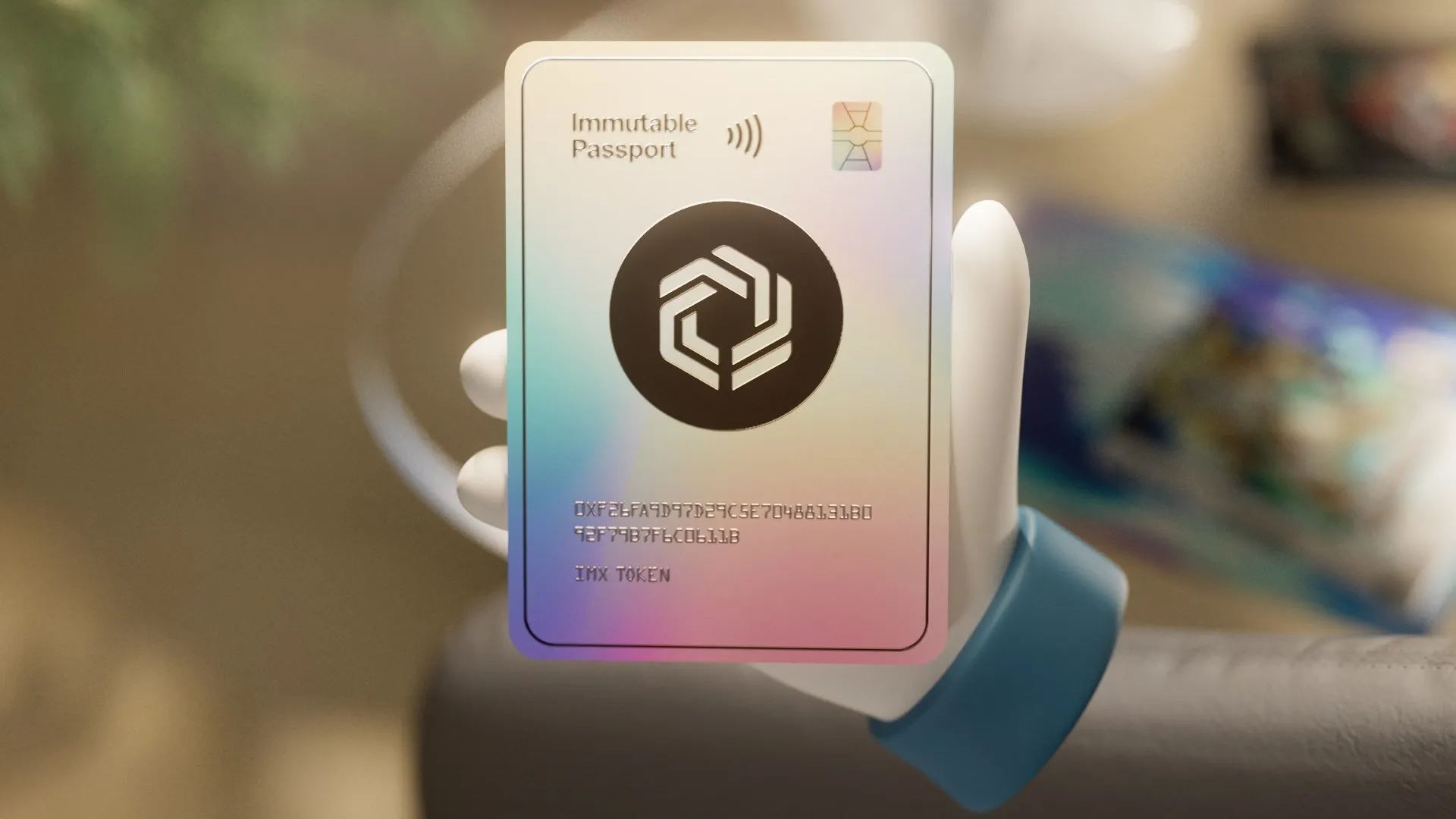The crypto wallet race is heating up—Immutable launched its Passport wallet in beta this week, and this one is targeting gamers.
Immutable’s Passport works across games on its Ethereum scaling network, Immutable X, and is non-custodial—which means Immutable does not have access to users’ funds and each wallet creator is responsible for maintaining security.
Compared to more traditional digital wallets like MetaMask or Coinbase Wallet, Immutable Passport users don’t need a password to login—they can simply use an email address and submit a verification code sent to their email. Immutable claims that user security is not compromised as a result of the simpler sign-in process.
The Immutable Passport offers fiat deposits, withdrawals, and crypto swaps within the wallet, so users won’t have to go through the hassle of using a third-party crypto exchange and migrating funds. This also means that if games want to offer users the ability to pay with fiat currency instead of IMX or Ethereum, they’ll be able to do so from their wallet.
Unlike Ethereum sidechain Polygon, Immutable X users don’t need the network’s token in their wallet to pay for gas fees. On Polygon—which is powering the next-generation Immutable zkEVM scaling network—users need a small amount of MATIC to cover transaction costs.
Why does Immutable’s new gaming-centric wallet matter? Digital wallets create an extra layer of friction for those new to crypto—and that friction could drive away gamers. If Immutable can crack the onboarding puzzle, then it may help the Immutable platform become the leader in Web3 gaming.
“The two biggest challenges facing Web3 game studios today are security and player onboarding,” Immutable Product Lead Michael Powell told Decrypt, adding that “the complexity of a crypto wallet often leads to confusion and skepticism.”
And while there are plenty of crypto companies offering different types of wallets—like MetaMask, Coinbase, Brave, Phantom, Uniswap, and Robinhood—it remains to be seen whether the fledgling Web3 gaming industry will be able to onboard users to crypto without seeing massive user dropoff.
“The vast majority of wallet solutions available today aren’t designed for gamers and actually detract from an immersive gaming experience,” Powell said.
Immutable President and co-founder Robbie Ferguson believes that the amount of time required for account creation plays a major role in user acquisition.
“Currently, drop-off rates for wallet installs are anywhere between 95-98%,” Ferguson wrote on Twitter this week. “Our aim is to bring down the cost of install by more than 10-20X—all without compromising self-custody.”
On Tuesday night, Ferguson challenged Twitter users to set up an Immutable Passport wallet in less than 20 seconds and share proof on the social media network. He promised to send 100 of Immutable’s IMX token (roughly $90 worth) to one lucky winner.
But Ferguson’s offer didn’t appear to garner many recordings. At time of writing, despite nearly 100,000 views on the post, only three users replied with sign-up videos varying in length from about 22 seconds to just under a minute.
Immutable’s wallet may be a promising step forward for the next generation of Web3 gamers, but its efforts to bring in a broad, mainstream audience—through its GameStop partnership and growing ecosystem of over 100 games, including Shardbound, Gods Unchained, IMVU, Illuvium, and Guild of Guardians—could take considerable time to yield results.
Daily Debrief Newsletter
Start every day with the top news stories right now, plus original features, a podcast, videos and more.

